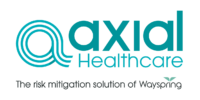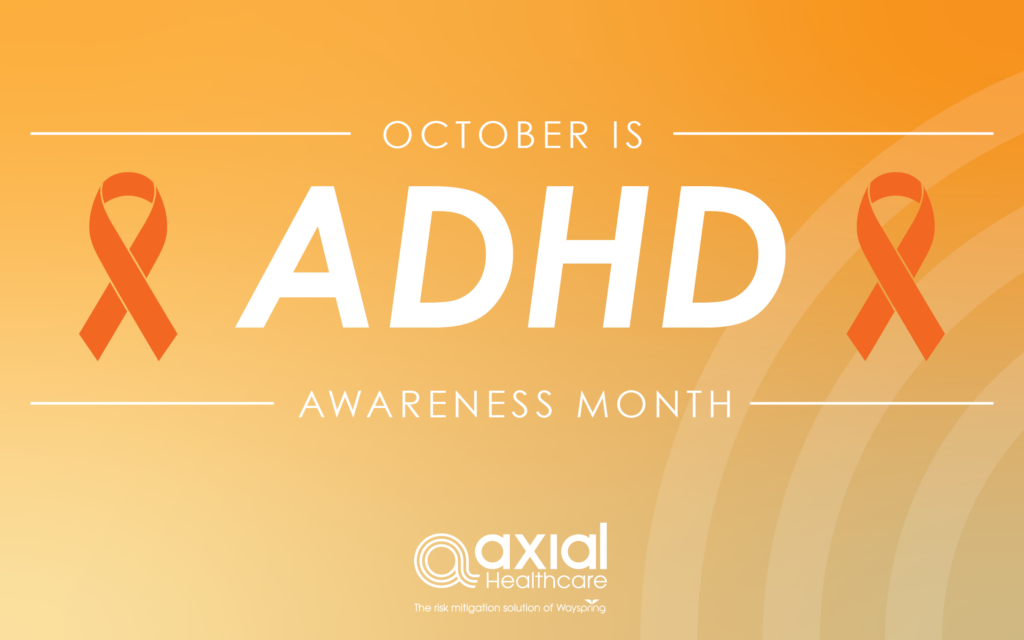ADHD Awareness: The Importance of Early and Appropriate Diagnosis, Holistic Treatment, and Access to Education and Services
Since 2004, October has been recognized as National ADHD Awareness Month and is an opportunity to raise awareness and support for people who are affected by ADHD. In the United States, an estimated 8.4% of children and 2.5% of adults have ADHD5, which makes it one of the most common mental health conditions. During this month, we emphasize the importance of early and appropriate diagnosis, holistic treatment, and access to education and services.
Common therapeutic drug treatment for ADHD often includes stimulants. While stimulants can be extremely effective when appropriately prescribed by providers and used as directed by patients, it’s important to acknowledge that these medications carry certain risk factors. More than 16 million people are prescribed stimulants each year, and 5 million of those people report misusing them for the purpose of cognitive enhancement2. Specifically, between 2012 and 2019, stimulant deaths increased by 317%4, and the DEA is concerned that stimulant overprescribing could become as severe as the opioid crisis1.
Symptoms of ADHD in patients present a complex diagnosis process for providers. While the DSM-5 diagnostic criteria is a key component, several other considerations should be involved to ensure appropriate patient care and diagnosis is achieved. Clinical considerations for Schedule II drug classification would also suggest close monitoring, PDMP review, and urine drug screenings, with the goal of reducing misuse, abuse, and diversion. Additionally, with more complex patients, including those with concurrent Schedule drug prescriptions, providers should consider the risks vs. benefits of therapy, co-prescribing naloxone for safety when opioids are involved, and coordinating care with outside prescribers.
Reach out to axialHealthcare’s Clinical Consult Services team at 615-475-5059 or providersupport@axialhealthcare.com with questions or for further information.
Disclaimer: Reference to CDC or HHS material does not constitute endorsement or recommendation by the U.S. Government or any of its agencies.
Sources:
- Daily Mail. DEA Warns ADHD Prescription Could Be the Next Bad Opioid Crisis in Stinging Letter to Pharma. https://www.dailymail.co.uk/news/article-11593463/DEA-warns-ADHD-prescription-bad-opioid-crisis-stinging-letter-pharma.htm
- Volkow, N. D., Frieden, T. R., Hyde, P. S., & Cha, S. S. (2018). Medication-Assisted Therapies — Tackling the Opioid-Overdose Epidemic. American Journal of Psychiatry, 175(11), 1055-1056. doi:10.1176/appi.ajp.2018.17091048
- Substance Abuse and Mental Health Services Administration. Treatment for Stimulant Use Disorders. Treatment Improvement Protocol (TIP) Series 33. SAMHSA Publication No. PEP21-02-01- 004. Rockville, MD: Substance Abuse and Mental Health Services Administration, 2021.
- Centers For Disease Control and Prevention. Stimulant Guide. https://www.cdc.gov/drugoverdose/featured-topics/stimulant-guide.html
- Psychiatry.org – What is ADHD? https://www.psychiatry.org/patients-families/adhd/what-is-adhd#:~:text=An%20estimated%208.4%25%20of%20children,et%20al.%2C%202009

